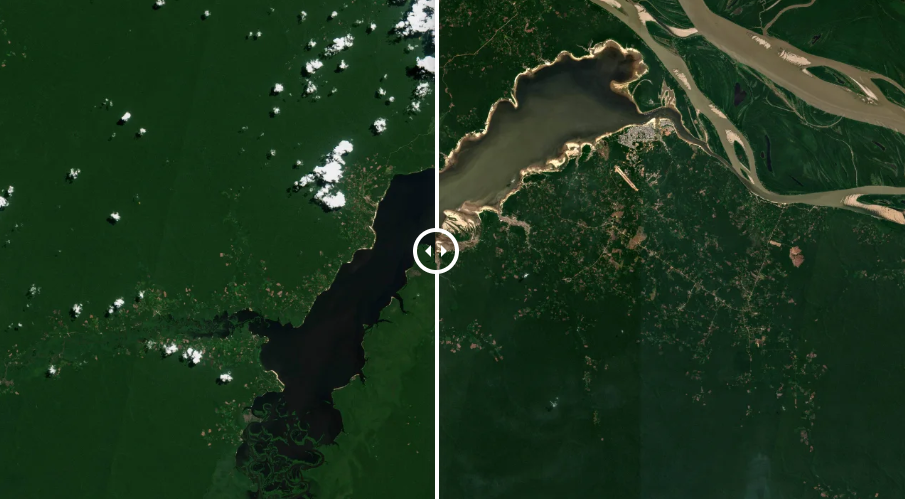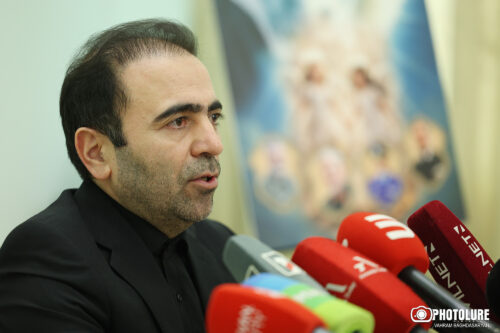
World’s largest river levels drop sharply: Unprecedented drought in Brazil
Huge tributaries that feed the mighty Amazon River — the largest on the planet — have plunged to record-low levels. Brazil is currently enduring its worst drought since records began in 1950, Cemaden says.
It’s Brazil’s second straight year of extreme drought. Nearly 60% of the country is affected, with some cities, including the capital Brasília, enduring more than 140 consecutive days without rain.
Experts are sounding the alarm on what this means for the region, a biodiversity hot spot and crucial climate change buffer.
Photos of the lake last month show it dramatically shrunken compared to the same time last year and it has continued to decline. It contributes to critical water shortages and impacts local ecosystems.
Last year, more than 200 dolphins were found dead in the lake during a historic drought and record-high water temperatures, and experts fear a repeat this year.
The consequences are stark for local people who rely on the rivers for food, medicine, livelihoods and transport.


